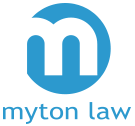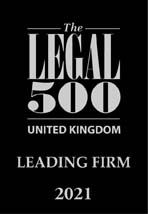Witness statements – how much is too much?
Ever wondered exactly what constraints surround witness statements and their content? Or what really should be included as oral evidence and which matters should be left aside? You need look no further, the following analysis is based on the recent clarification in the judgment of JD Wetherspoon PLC v Jason Harris et al. [2013] EWHC 1088.
Envisage a witness statement that contains a recitation of fact based on submitted documents and; commentary, arguments, submissions and expressions of opinion based upon those documents. Then include aspects of expert evidence. There you will have an ‘abuse’ of the permitted substance of witness statements. This will leave your statement with deletions, crater sized gaps and quite frankly minute fragments of permitted content.
The Civil Procedure Rules (at Rule 32.4) describe a witness statement as:
"A written statement signed by a person which contains the evidence which that person would be allowed to give orally"
This would not include a recital of the events forming the case, especially those of which the witness has no direct knowledge, where references are made only from the documents that have been read. A witness should not play counsel by advancing arguments or making submissions that are expected of their advocate.
Furthermore, the Chancery Guide provides that a witness statement should simply cover issues of evidence in chief. The statement is not a vehicle for providing any sort of commentary or quotations on the substantive trial bundle or conflicts contained within them. Witness statements should not try and deal with any matters that have merely arisen in the course of the trial.
What about opinion evidence given as part of an account of admissible factual evidence? Witness statements should not aim to provide a lengthy commentary on matters which the witness has no direct knowledge – this will prevent them from giving direct evidence! Witnesses should also be careful not purport to act exactly like an expert witness giving opinion evidence, because this can lead to the evidence being refused.
In light of the above, do not tremble with fear when addressing a witness statement, as the rules governing the content are not rigid statute. In certain circumstances they may be relaxed to achieve the "Overriding Objective (CPR Rule 1)" which requires cases to be heard in a fair and just manner.







